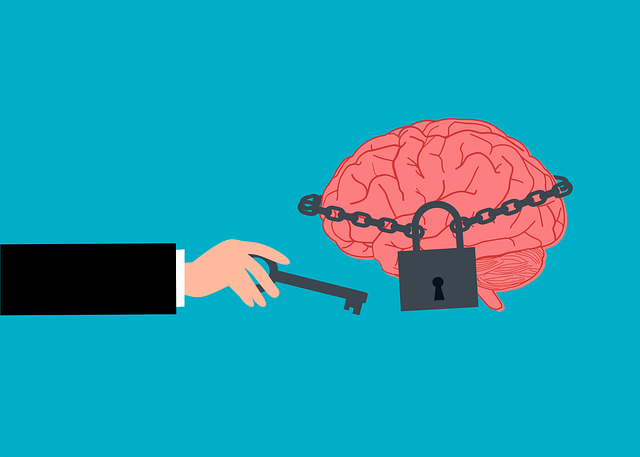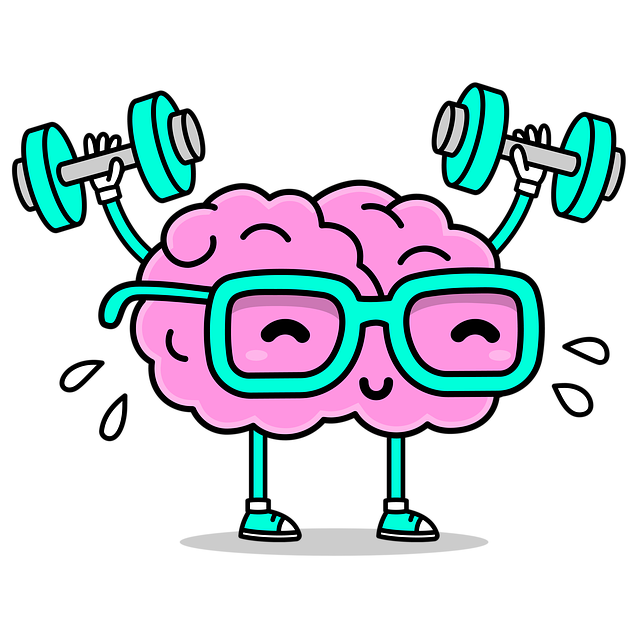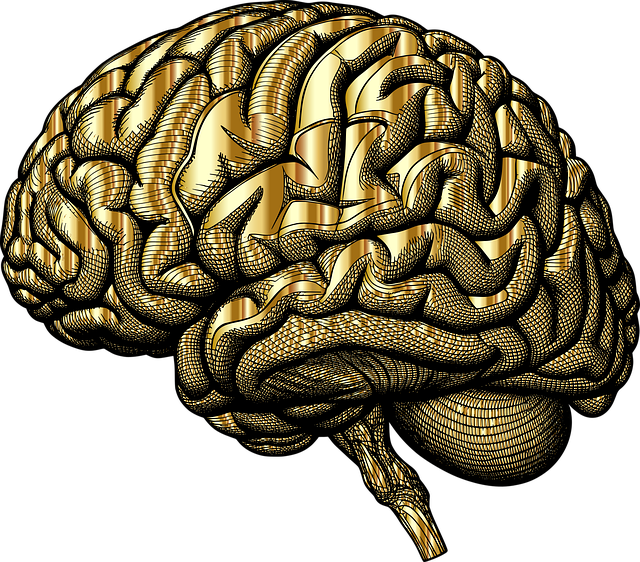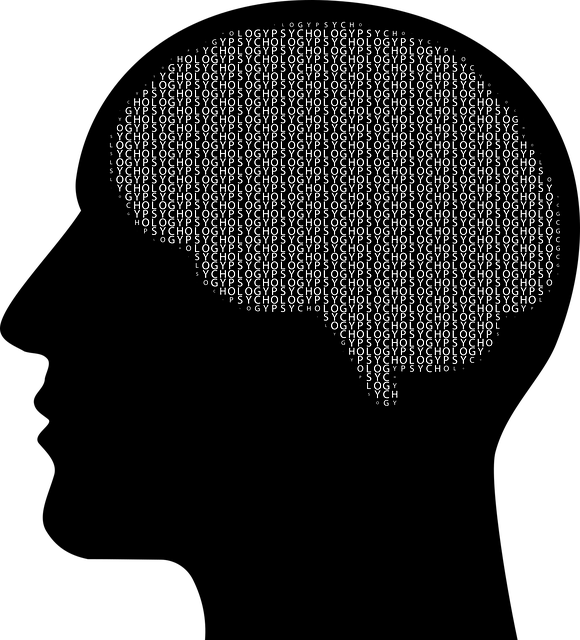Longmont Acceptance and Commitment Therapy (ACT) offers a novel solution to improve mental illness diagnosis accuracy in Colorado. By combining cognitive therapy with mindfulness, ACT empowers individuals to accept thoughts and emotions without judgment while engaging in valued actions. Tailored communication strategies, coping skills development, and mental wellness journaling exercises enhance patient involvement, addressing critical gaps in traditional diagnosis and care. Integrating Longmont ACT into clinical practice can lead to more precise diagnoses, personalized treatments, and improved patient outcomes for various conditions.
Mental illness diagnosis accuracy has long been a topic of debate, with many challenges and gaps remaining in current practices. This article explores innovative approaches like Longmont Acceptance and Commitment Therapy (ACT) to enhance diagnostic methods. We delve into ACT techniques, their application, and integration with traditional practices. By examining these strategies, we aim to emphasize the importance of continuous improvement for better patient outcomes, focusing on the potential of ACT as a game-changer in mental health diagnosis.
- Understanding Mental Illness Diagnosis: Current Challenges and Gaps
- Longmont Acceptance and Commitment Therapy (ACT): An Innovative Approach
- Enhancing Diagnosis Accuracy: ACT Techniques and Their Application
- Integrating ACT into Traditional Diagnostic Practices
- Future Directions: Continuous Improvement for Better Patient Outcomes
Understanding Mental Illness Diagnosis: Current Challenges and Gaps

Mental illness diagnosis is a complex process, often fraught with challenges and gaps that can impact treatment outcomes. One of the primary hurdles is the subjective nature of many symptoms, which can be difficult to quantify and assess accurately. This complexity is further exacerbated by the vast spectrum of mental health conditions, each with its unique set of manifestations. The current diagnostic methods heavily rely on self-reporting and clinical interviews, leaving room for human error and potential biases.
In Longmont, Colorado, Acceptance and Commitment Therapy (ACT) has emerged as a promising approach to address these challenges. By combining cognitive therapy with mindfulness techniques, ACT empowers individuals to develop coping skills that facilitate psychological flexibility. This therapeutic method encourages acceptance of difficult thoughts and emotions while helping patients engage in valued actions, fostering improved mental wellness. Additionally, the implementation of communication strategies tailored for mental health professionals can enhance diagnostic accuracy by promoting clear and comprehensive assessments. Coping Skills Development and Mental Wellness Journaling Exercises also play a pivotal role in empowering individuals to actively participate in their treatment and track progress, thereby filling critical gaps in diagnosis and care.
Longmont Acceptance and Commitment Therapy (ACT): An Innovative Approach

The Longmont Acceptance and Commitment Therapy (ACT) approach represents a significant advancement in mental health treatment. This innovative therapy focuses on helping individuals accept their emotions and experiences without judgment, while encouraging them to commit to actions that align with personal values. By fostering mindfulness and promoting a present-moment awareness, ACT empowers patients to navigate challenges more effectively, ultimately enhancing overall well-being.
Integrating Longmont ACT into mental health services can significantly improve diagnosis accuracy and treatment outcomes. Its emphasis on cognitive flexibility and defusion techniques complements traditional therapy models, addressing the complex nature of mental illness. Moreover, this approach aligns with the broader goals of Mental Health Policy Analysis and Advocacy by promoting evidence-based practices. Through Mind Over Matter principles, ACT encourages patients to take an active role in their recovery, mirroring the design philosophy behind effective Mental Health Education Programs.
Enhancing Diagnosis Accuracy: ACT Techniques and Their Application

Mental illness diagnosis accuracy has long been a subject of concern within the healthcare community. Enhancing diagnostic techniques is crucial for ensuring individuals receive timely and effective treatment. Among the evidence-based approaches gaining traction, Longmont Acceptance and Commitment Therapy (ACT) stands out. ACT focuses on developing self-care routine development for better mental health, fostering coping skills that promote stress reduction methods while encouraging individuals to live in alignment with their values.
By teaching individuals to accept negative thoughts and emotions without judgment, ACT empowers them to focus on what truly matters – leading fulfilling lives. This shift from avoiding distressing experiences to engaging in valued activities can significantly improve diagnostic accuracy by providing a clearer picture of an individual’s mental health status. Integrating these techniques into clinical practice can lead to more precise diagnoses, ultimately benefiting patients through personalized and effective treatment plans.
Integrating ACT into Traditional Diagnostic Practices

In recent years, the field of mental health diagnosis has seen a significant shift towards integrating innovative therapeutic approaches like Longmont Acceptance and Commitment Therapy (ACT) into traditional diagnostic practices. This integration aims to enhance accuracy by offering a more nuanced understanding of an individual’s experience and their relationship with distressing thoughts and emotions. ACT, known for its effectiveness in treating various mental health conditions, emphasizes mindfulness, acceptance, and committing to valued actions. By combining this approach with conventional diagnostic methods, healthcare professionals can improve assessment techniques, leading to more precise and personalized treatments.
This blend of therapeutic strategies is particularly beneficial in addressing the complexities of mental illness. For instance, ACT’s focus on compassion cultivation practices and crisis intervention guidance complements the broader Mental Health Policy Analysis and Advocacy efforts, ensuring that patients receive holistic care. This integrated approach encourages a positive shift in how we perceive and treat mental health conditions, ultimately fostering more effective recovery journeys.
Future Directions: Continuous Improvement for Better Patient Outcomes

The future of mental health diagnosis lies in continuous improvement and innovation. As research evolves, integrating evidence-based practices like Longmont Acceptance and Commitment Therapy (ACT) into diagnostic routines could enhance accuracy and patient outcomes. By fostering a more nuanced understanding of mental wellness, these therapeutic approaches go beyond traditional methods, considering individual experiences and personal values. This shift promises to revolutionize diagnosis, especially for complex cases.
Furthermore, the development of Mental Wellness Coaching Programs and Social Skills Training can complement diagnostic efforts. Boosting confidence and enhancing social abilities are integral aspects of holistic mental health care. Integrating these programs alongside diagnostic improvements ensures a more comprehensive support system. With ongoing advancements, the field is poised to offer personalized, effective solutions, ensuring better-informed diagnoses and ultimately, improved patient journeys towards recovery.
The pursuit of enhancing mental illness diagnosis accuracy is an ongoing journey, and the integration of innovative approaches like Longmont Acceptance and Commitment Therapy (ACT) offers promising prospects. By combining traditional diagnostic practices with ACT’s evidence-based techniques, we can bridge current gaps and improve overall patient outcomes. Future research and clinical applications should focus on refining these methods to ensure more precise and timely diagnoses, ultimately fostering better mental health support systems.














